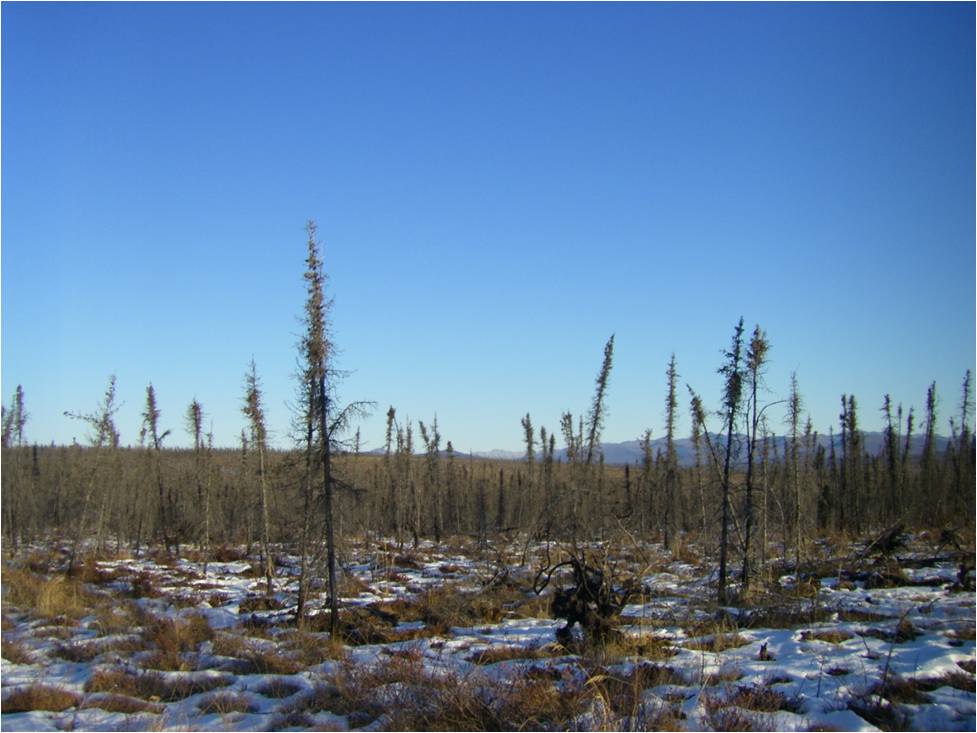
Climate-change is predicted to have a larger impact on Arctic regions than on temperate ecosystems. As a result, rural communities relying on local wild resources, or subsistence harvesting, are vulnerable to climate-change-induced environmental trends affecting the availability of fish, waterfowl, and other key resources. The availability of such resources is determined by their abundance, distribution, and accessibility to harvesters. In collaboration with communities in Alaska, a recent study based at Bonanza Creek LTER found that access to resources—rather than resource distribution or abundance—most heavily impacted resource availability as a result of changes in climate.
As this study emphasizes, understanding the root cause of an issue is critical in effectively managing its impacts. For example, scientific climate projections forecasted a net reduction in available subsistence resources over the next 30 years in the Arctic region. However, the models did not consider accessibility, which, if included, would further reduce projections of available subsistence resources for Arctic communities.










